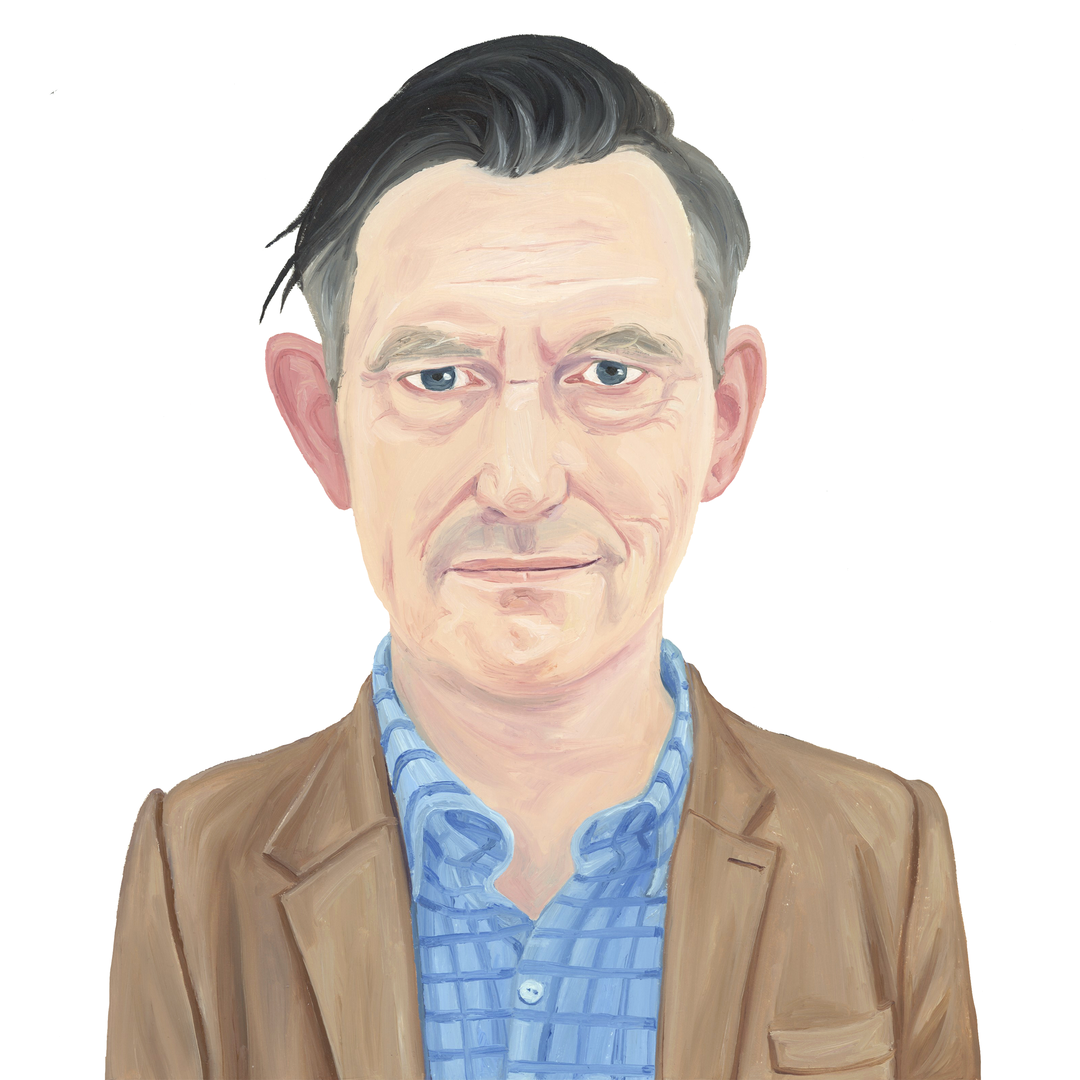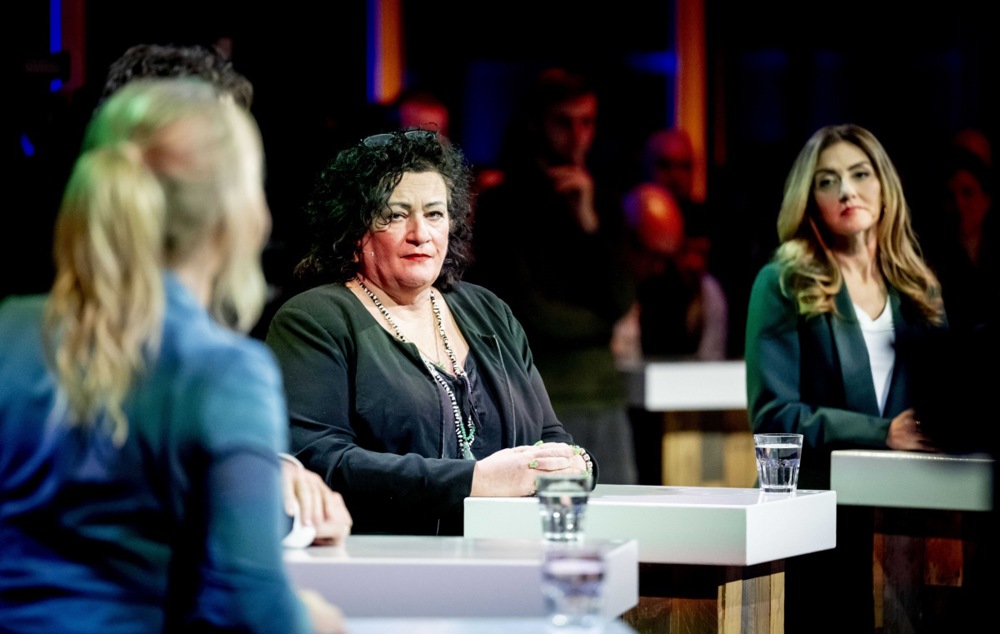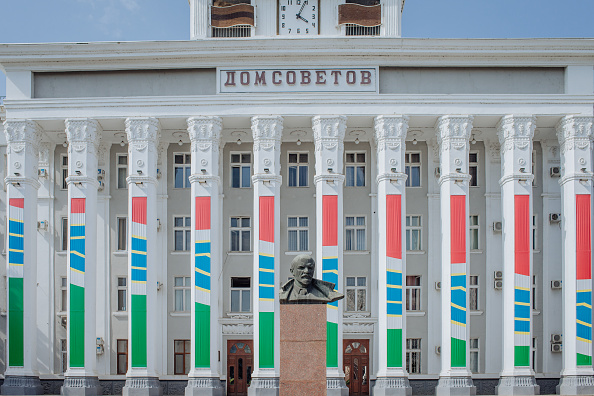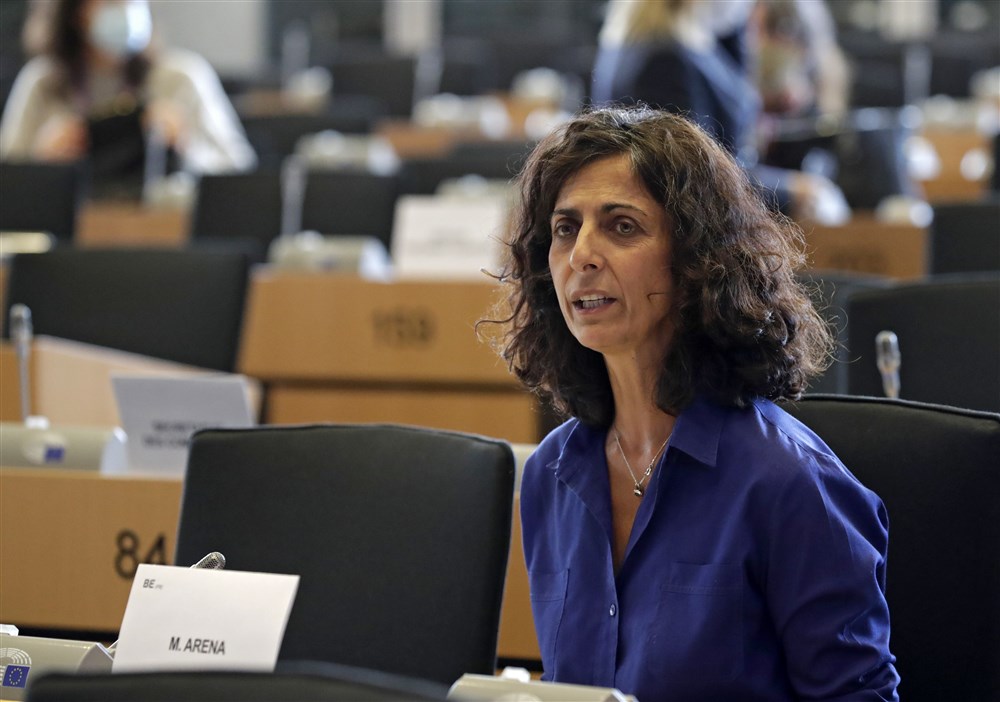It cannot have been an easy thing for Zelensky to state publicly at his latest press conference that Ukraine needs more men. His call for 500,000 new recruits to join the armed forces was essentially an admission of the serious attrition Ukrainian forces are suffering in the now near two year old war.
This was always going to be one of the key problems for the defenders, the sheer size of the Russian population in comparison to that of Ukraine. The longer the war, the bigger the discrepancy.
This call up is a far cry from the early days of the invasion which saw tens of thousands of volunteers queuing up to defend their country from Russia’s invasion. Today they are looking at conscription. There have been scenes filmed on social media of draft officers handing out draft papers in gyms and in holiday resorts.
It is thought that the strength of Ukraine’s forces at the beginning of the war was about half a million. This has increased to about a million (against Russia’s 1,5 million).
The statement in Zelensky’s address was foreshadowed by something very strange happening in Ireland.
According to Eurstat, of the 6 million or so refugees that have left Ukraine since the start of the war, about 650,000 are men of military service age. In the eyes of Zelensky’s regime these are, plain and simple, draft dodgers. The fact that many of them are native Russian speakers and are at best luke warm about the conflict is neither here nor there.
The majority of them are those who have escaped Ukraine in order to dodge the draft.
Georgia is full of young Ukrainian men. The roads of the Adriatic coast in Montenegro are clogged with new SUVs with both Russian and Ukrainian plates. The kleptocratic classes of both nations have skipped their respective countries. War, it is very clear, is a poor man’s game.
But what was disturbing in Ireland was that some of these refugees started to recieve letters from the Irish Justice Department in early September. The letters are addressed and start:
“We are writing to inform you that the Department of Justice has received a request from the Government of Ukraine for your extradition.The request is based on the allegation that you are eligible for military conscription in Ukraine and have failed to comply with your legal obligation to serve in the armed forces”.

It goes on to cite the relevant legislation then continues:
“You are charged with an offence that is punishable by imprisonment in Ireland and Ukraine for at least a year”.
It then gives a date for a court summons and a threat of arrest if the recipient does not turn up at the allotted time. It was signed off by John O’Callaghan the Deputy Justice secretary
This put the fear of God into many who received this letter.
The letters were exposed as fakes later in September and the Justice De[partment said,
“If anyone is unsure of the authenticity of any correspondence they receive purporting to be from the Department of Justice… Scams are common. They can happen at any time. Some of the most common types of scams involve the use of fake emails, calls or texts pretending to be from real companies and organisations.”
The question remains as to who sent out these fake extradition threats, and how did they get the information on the individuals targeted? Who gains? The suspicion is that it must be the Ukrainian authorities who are desperate for more men to plug the gaps in their defences.
There are clear sounds of desperation coming from Kyiv, sounds that find their echoes in the increasing reticence in Western countries to provide continued support for the Zelensky regime.
The problem is that everybody is well aware that a significant proportion of the money donated has not gone to the fighting services but has been siphoned off.
Yes the UK government pledged to support Ukraine “as long as it takes”, but there is conflict fatigue. With public finances stretched across the liberal West, the support is now far more word than deed.






Europe’s capital needs media to challenge the status quo: That’s why Brussels Signal is launching